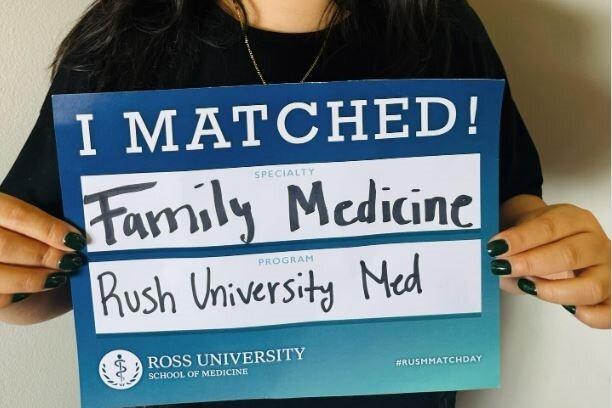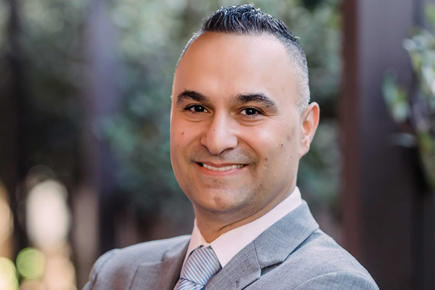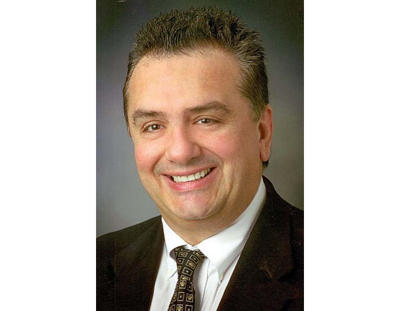RUSM: Why did you choose to attend Ross University School of Medicine (RUSM)?
WALDMAN: People choose RUSM because it is a quality alternative for those who are qualified to get into a US medical school but weren’t accepted due to too few open seats. Although the weather is warm, they don’t choose RUSM for the climate.
I can say RUSM made me a better person and physician because of some of the challenges I had to overcome. When I matriculated at RUSM more than 20 years ago, the campus didn’t have the technological advances and capital investments as they do today. At the time, I had to persevere through modest (at best) amenities and technology challenges. However, in the long run it paid off because it made me appreciative of the basic things that we are accustomed to in America.
RUSM: When you began your clinical rotations, did you encounter misconceptions about the quality of your medical education?
WALDMAN: Although there is always some stigma associated with being a foreign trained medical student, some of it is self-inflicted. I constantly wanted to prove that I was just as good as my peers and it made me work harder, and I put in more hours when doing clinical rotations so that I could rise a step above others.
Most people may not realize that foreign-trained physicians make up 35.5 percent of the physician workforce in Florida – the third largest state of international medical graduates in the nation*. That means, one in every three doctors in Florida have received their medical education outside of the United States.
RUSM: Why did you choose cardiology as your specialty?
WALDMAN: As an intern I was interested in hematology/oncology, pulmonary and critical care, and cardiology. I ended up choosing cardiology for a variety of reasons. It lets me deal with acute problems, in addition to following patients with chronic conditions. It also allows me to work with my hands and do procedures, something I enjoy.
In cardiology, I get to see young and old patients and I have the opportunity to fix problems. When patients are extremely sick, I help them get better as part of a multidisciplinary team. I am able to see them get healthy and spend quality time with their families.
More on Adam J. Waldman, MD, FACC
Current Positions:
- Chair, Orlando Regional Medical Center Congestive Heart Failure Program
- Vice Chair, Orlando Regional Medical Department of Cardiology
- Medical Director, Orlando Health Center Echocardiography Laboratory
Post-Graduate Training
- Internal Medicine Residency, University of South Florida (USF)
- Rotating Chief Medical Resident, James A. Haley VA Hospital
- Chief Medical Resident, USF
- Cardiology Fellowship, USF
Residency Awards
- USF 2000-2001 Medical Jeopardy Team
- Internal Medicine Resident of the Year, 2002
- The Nathan L. Marcus Award, 2001-2002
Education
- Undergraduate Education: University of Florida
- Medical Education: Ross University School of Medicine
Family:
Proud husband and father of two young boys



